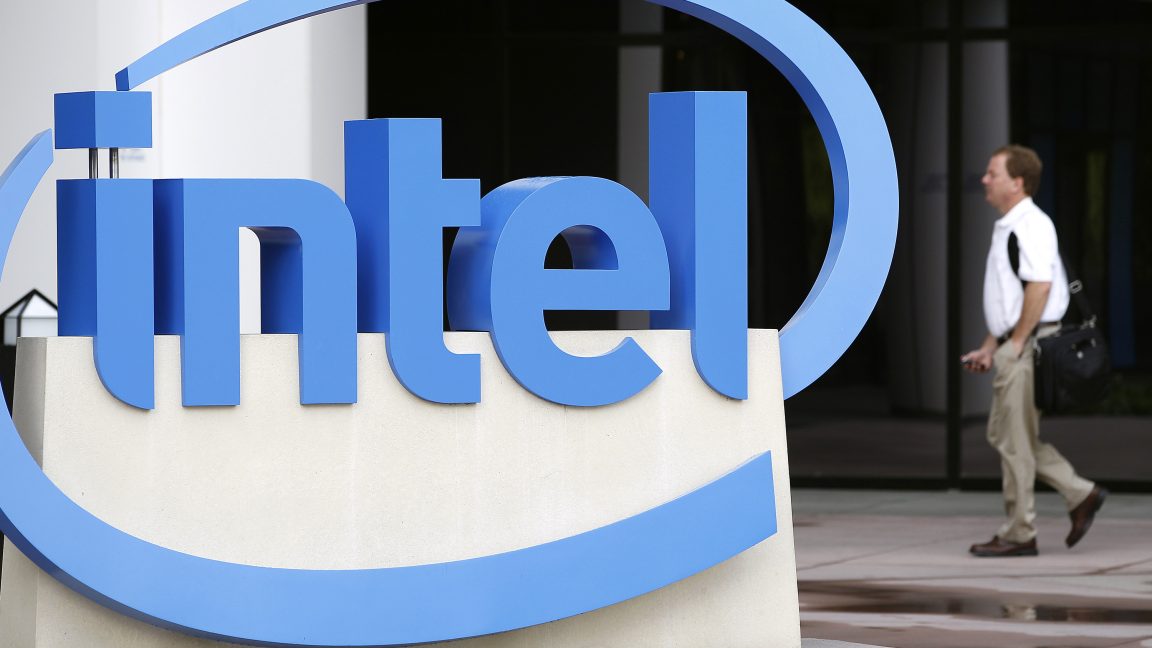The problem with ARM is that all ARM CPUs are created different, depending on the features the licensee acquired and wants to build in his own type of chip. Also depending on the stuff he might develop in house. Then there's also no standardized boot process, no BIOS/UEFI.
And since ARM often means SoC, it also depends on the periphery coming with it.
This is why you cannot simply take FreeBSD for ARM A to ARM B and expect it to work. No, it needs to be adapted to the new platform, boot process and drivers most likely.
This is also why Apple likes it, they've got it under their control and since they are designing the CPUs by themselves they do know exactly how to wrap MacOS around it. For ARM on the desktop to get successful it either needs a standardized feature set, or only one major configurator for CPUs around.
And by the way Intel is right now heavily betting on RISC-V, they are investing 1 billion into it. Some people are of the opinion that it is inevitable in the long run that RISC-V will replace ARM. Also China is heavily investing and betting on RISC-V, to get independent from Western technology IP.

 arstechnica.com
arstechnica.com
And since ARM often means SoC, it also depends on the periphery coming with it.
This is why you cannot simply take FreeBSD for ARM A to ARM B and expect it to work. No, it needs to be adapted to the new platform, boot process and drivers most likely.
This is also why Apple likes it, they've got it under their control and since they are designing the CPUs by themselves they do know exactly how to wrap MacOS around it. For ARM on the desktop to get successful it either needs a standardized feature set, or only one major configurator for CPUs around.
And by the way Intel is right now heavily betting on RISC-V, they are investing 1 billion into it. Some people are of the opinion that it is inevitable in the long run that RISC-V will replace ARM. Also China is heavily investing and betting on RISC-V, to get independent from Western technology IP.

Intel’s strategy for outflanking Arm takes shape with bet on RISC-V
RISC-V chips could give Intel Foundry Services some much needed volume.
 arstechnica.com
arstechnica.com
